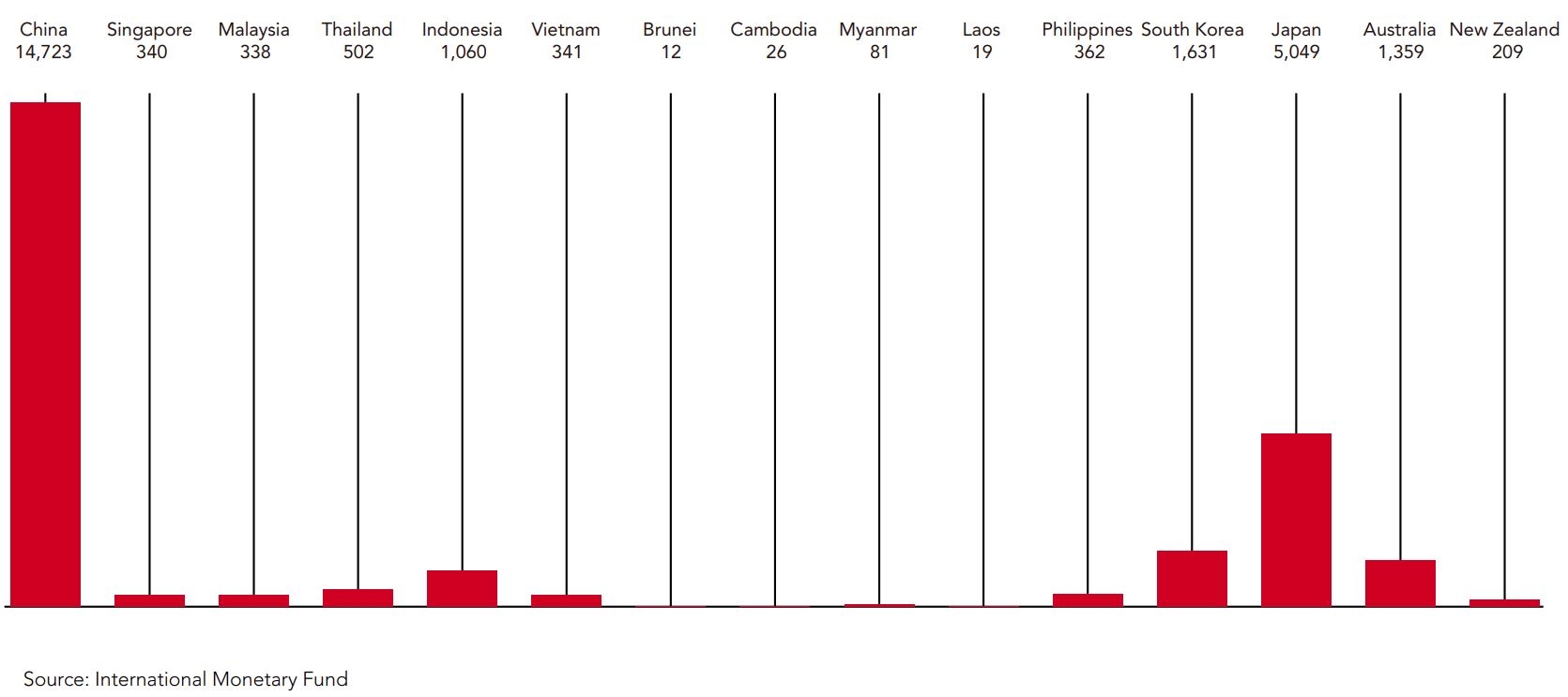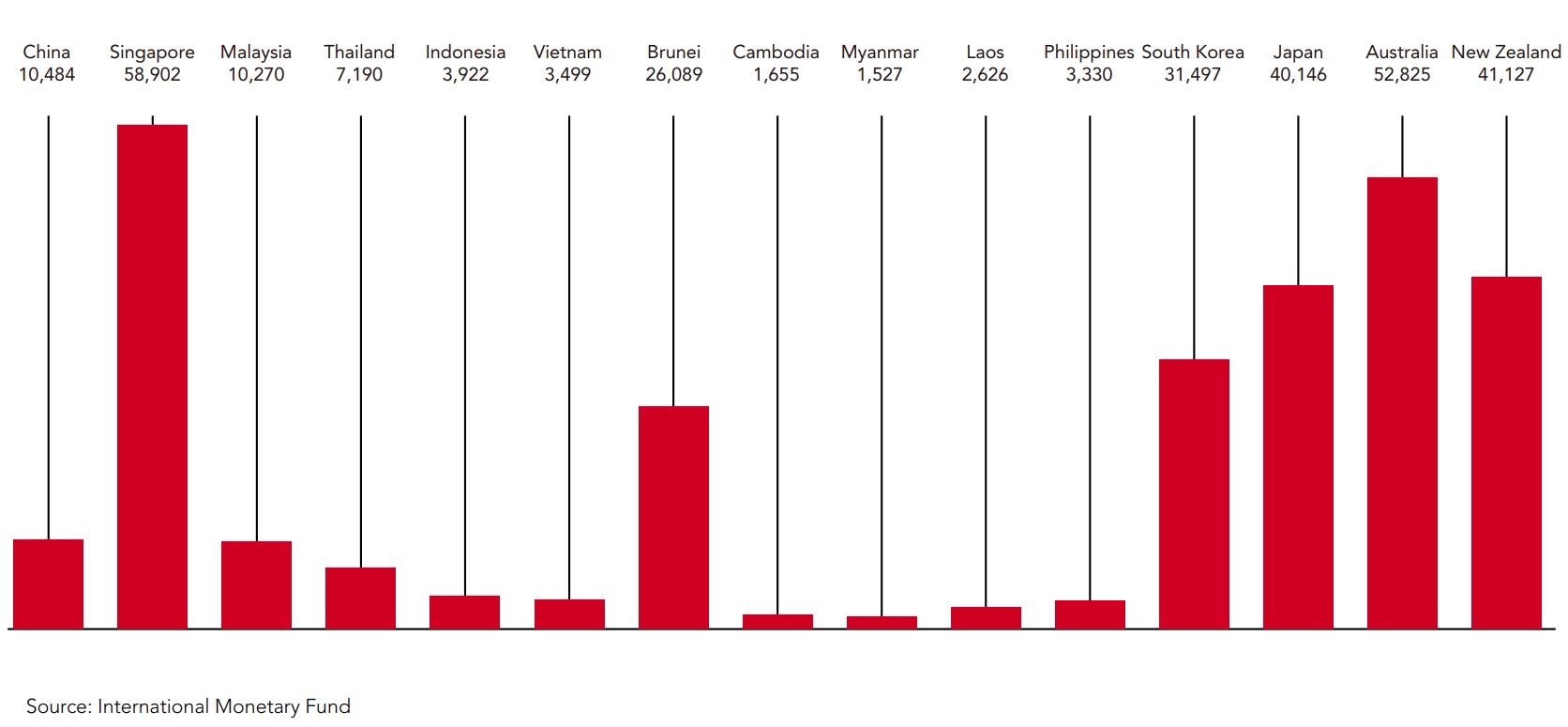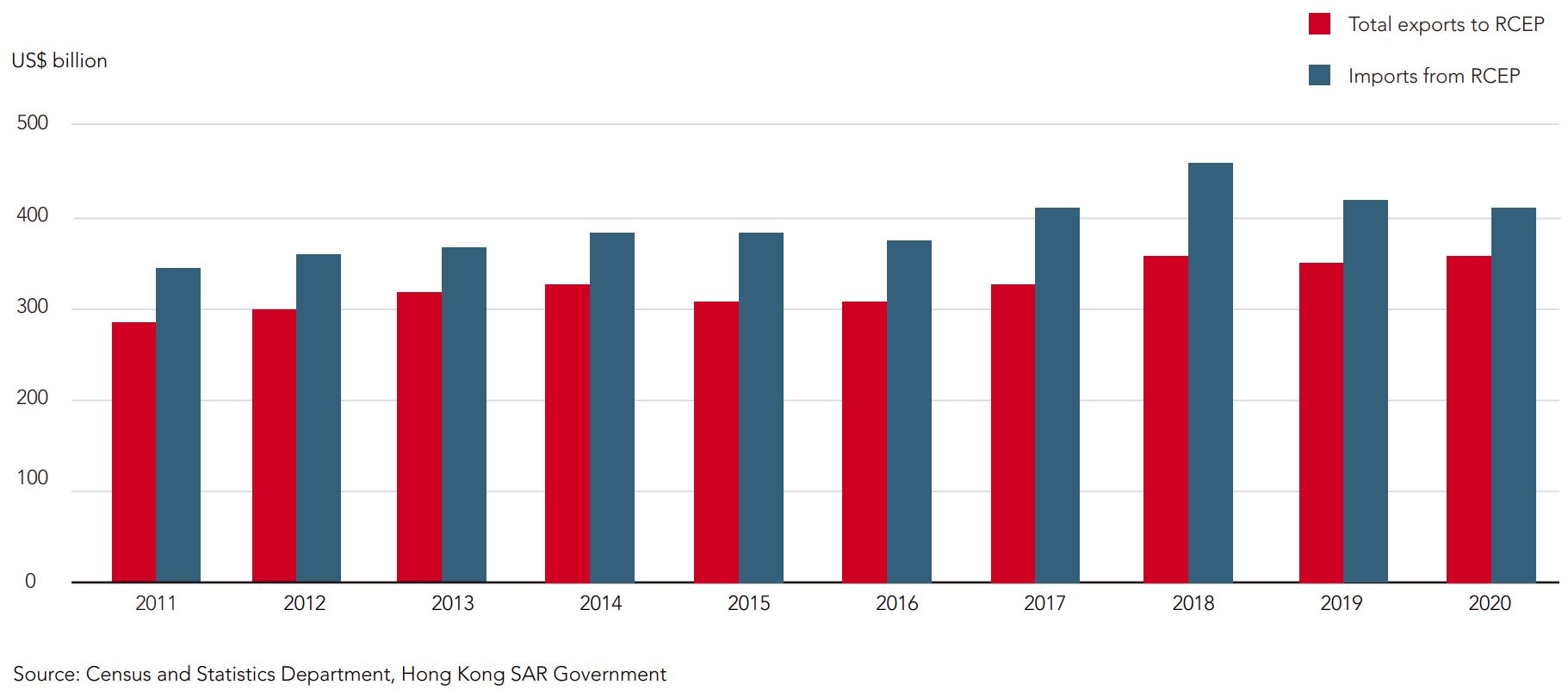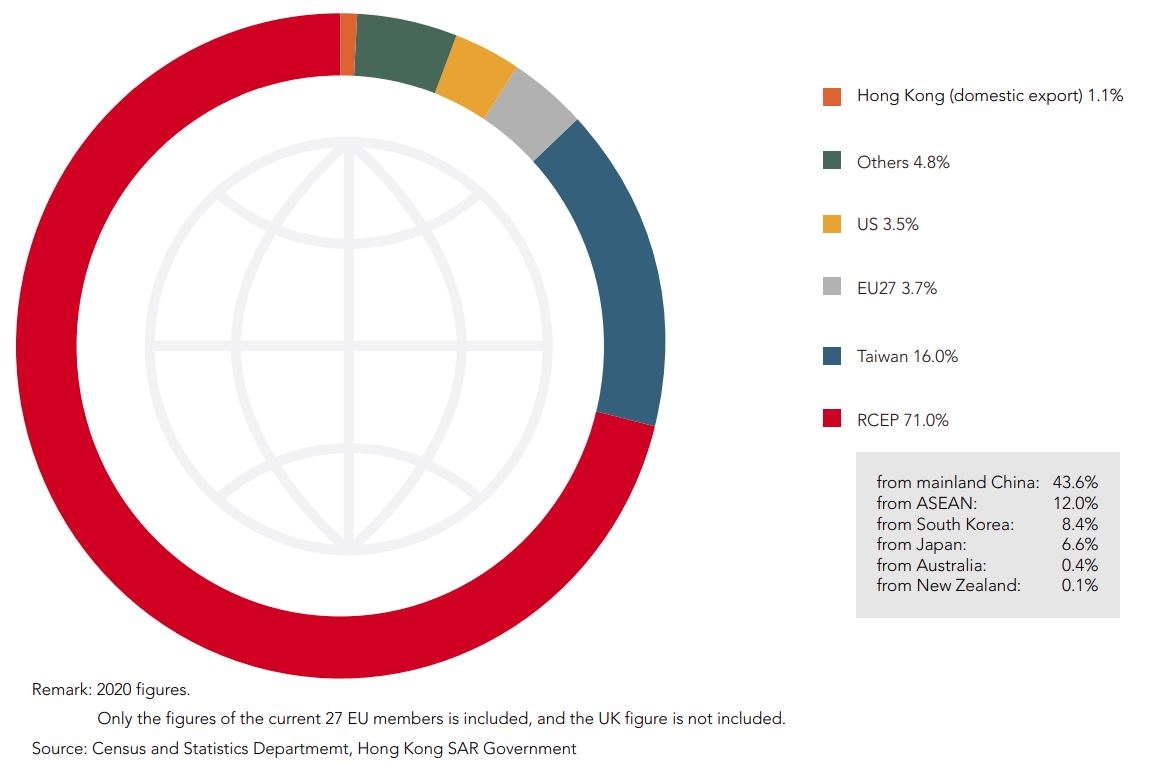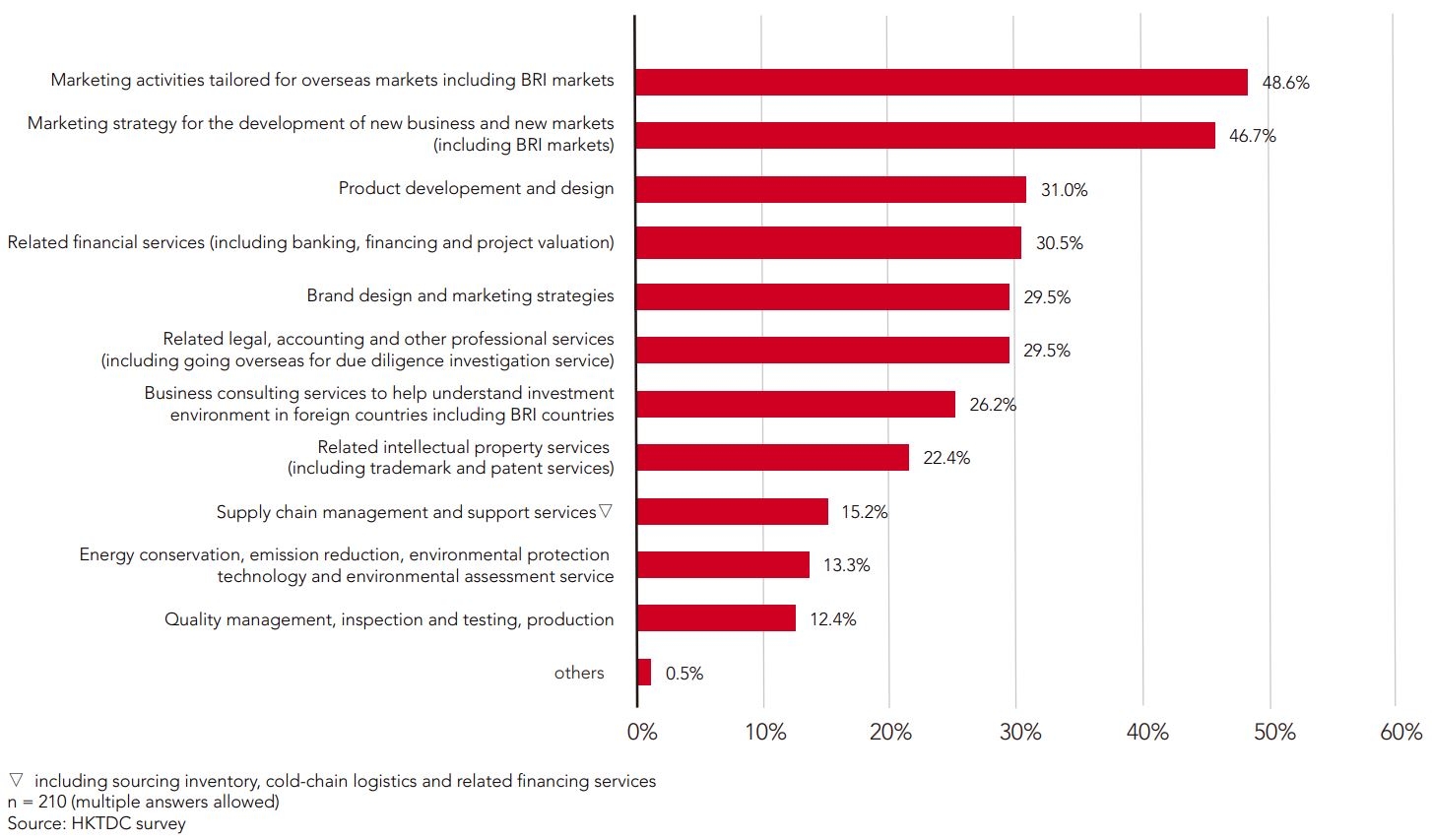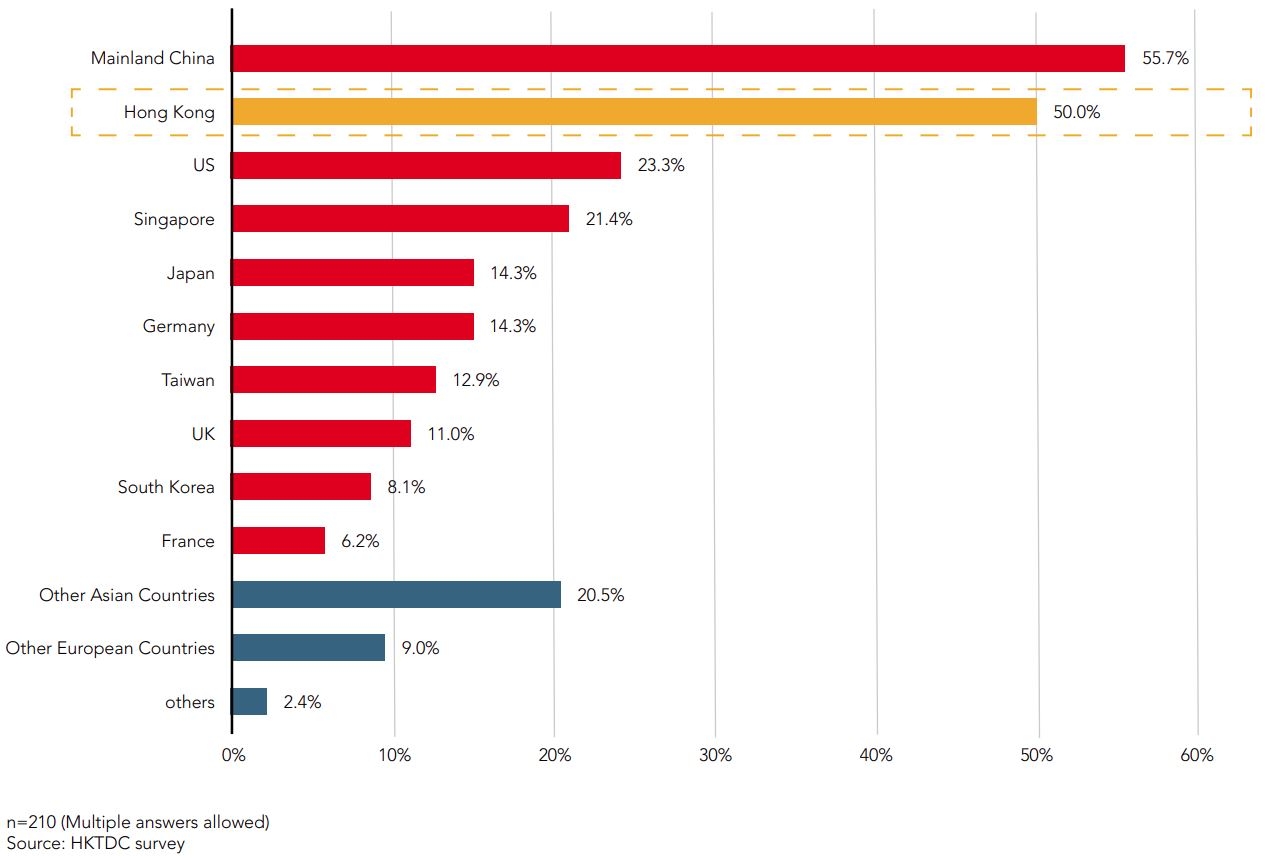ABU DHABI, 27th November 2021 (WAM) - His Highness Sheikh Khalifa bin Zayed Al Nahyan, President of the UAE, has approved a wide-ranging reform of the country’s legal system, which aims to strengthen economic, investment and commercial opportunities, in addition to maximizing social stability, security and ensuring the rights of both individuals and institutions.
The draft of new laws and legislative amendments came during the "Year of the 50th" and are intended to keep pace with the developmental achievements of the UAE and reflect the country’s future aspirations. Over 40 laws are included in the changes, which together represent the largest legal reform in the young nation’s 50-year history.
The amendments aim to develop the legislative structure in various sectors, including investment, trade and industry, as well as commercial company, regulation and protection of industrial property, copyright, trademarks, commercial register, electronic transactions, trust services, factoring, and residency, in addition to laws related to society and personal security including as the Crime and Punishment Law, the Online Security Law, and a laws regulating the production, sale and use of narcotics and psychotropic substances.
The new legislative changes came after intensive coordination at both the local and federal levels, where teams comprising 540 specialists and experts from 50 federal and local authorities have worked together over the past five months in consultation with over 100 private sector organisations in order to reflect global best practice in the new legal provisions.
Electronic Transactions and Trust Services The amendments to the Law on Electronic Transactions and Trust Services aim to keep pace with technological development and enhance ongoing digital transformation.
The law gives digital signatures the same weight as a handwritten signature, a step that obviates the need for personal presence in order to seal transactions and supporting the globally-based completion of government transactions such as contracts and agreements using a digital signature, provided that the country where the transaction originates has adopted sophisticated authentication mechanism and trust services similar to the UAE standards.
The Law of Electronic Transactions and Trust Services facilitates a wide range of civil and commercial transactions, including marriage, personal status, notary and real estate services such as renting, buying, selling and amending contracts.
Industrial property rights The law aims to protect industrial property and regulate the procedures for its registration, use, exploitation, and assignment, to ensure support for knowledge and innovation and to enhance the UAE’s competitiveness in the field of industrial property rights while adopting best international practices and standards.
The UAE industrial property rights law is dedicated to patents, industrial designs, integrated circuits, non-disclosure agreements and utility certificates. It applies across the UAE (including free zones). The law is concerned with applications and details surrounding the eligibility for patents and utility certificates and provides details about the conditions for granting patents.
The law includes sections on compulsory licenses, addressing the rights of the license holder, the multiplicity of compulsory licenses, and the exception to the conditions of compulsory licensing by the court.
Copyrights and Neighbouring Rights The amendments of the federal law concerning copyrights and neighboring rights maximizes the contribution of creative industries in the UAE economy and provide protection to authors of the works and the holders of the neighboring rights, in case an aggression against their rights occurs.
The amendments offer special benefits for people of determination in order to enhance their benefit and participation in this vital sector. The law covers all substantive issues pertaining to author’s rights and neighboring rights, including the right to determine first publication of the work, the right of writing the work in his name and the right to protest against alteration of the work if the alteration leads to distortion of the author’s intent.
Trade Marks The federal law concerning Trade Marks was amended with the aim of expanding the scope of protection. The amendments offer protection to three-dimensional trademarks, holograms, sound trademarks such as musical tones associated with a company and that distinguish its products, and smell trademarks such as creating a distinctive scent for the company or brand.
The updates also include registering geographical names of trademarks or products whose name is associated with the names of specific geographic regions, countries or cities and are famous for producing this product, in order to enhance the UAE position in promoting its famous products like dates.
Among the changes is the abolition of the requirement to have a trade license to allow the registration of a trademark, and granting SME owners a temporary protection to protect the trademark of their products during participation in exhibitions.
Commercial Register The Commercial Register Law has been amended allowing local authorities in each emirate to retain the right to establish and manage their commercial records, including registration, data monitoring and change.
A clearer scope for applying the law was also defined to include the registration of companies and economic institutions in all forms, whether commercial (companies) or professional, such as law firms, accountants, and others, to ensure the comprehensiveness of the data contained in the commercial registry for all economic establishments in the UAE.
The commercial register is an official log held by the Ministry of Economy containing details of all businesses operating in the UAE.
Factoring and Transfer of Civil Accounts Receivable The law is the first federal regulation in the United Arab Emirates dealing specifically with factoring and the assignment of receivables, it provides a new regulatory framework which sets out the legal requirements for assignments and transfers of receivables, validity and perfection requirements, as well as the rules for determining priority amongst competing claims over assigned receivables.
Factoring, a financing arrangement that enables a business to sell its receivables, aims at further supporting the business environment and SME’s. Factoring is a type of financial transaction in which a business sells its invoices to a factoring company.
The law organizes factoring legal requirements including the assignment of receivables and perfection. The new law applies broadly to any assignment of receivables made as part of commercial or civil transactions.
Commercial Companies The law allows investors and entrepreneurs to establish and fully own onshore companies in all sectors, excluding a small number of reserved "strategic activities". The amendment aims at boosting the country’s competitive advantage as a part of a wider UAE government agenda to economic diversification towards an innovation-led and knowledge-based economy.
The new Commercial Companies Law aims to increase foreign direct investment (FDI) and reaffirms the UAE’s standing as a leading business hub regionally and globally.
The law was issued to introduce certain amendments concerning Commercial Companies: it specifies the companies that are exempted from the provisions thereof, as well as corporate governance and strategic activities.
The law further details the approvals and licenses required by companies in order to undertake commercial activities within the UAE; in addition to the company’s name, contract, incorporation procedures, and conditions for increasing and decreasing the capital.
The law also clarifies the responsibilities of the board of directors, executive management, the authorities of the general assembly, the prerequisites for issuing bonds and instruments, acquisitions and the administrative penalties imposed on a person deemed to be in breach of its provisions.
Higher Education Law The law aims to regulate the licensing of higher education institutions in the UAE, it sets the legislative framework to approve curricula, ensure effective governance and management of higher education institutions, improve the quality and competitiveness of higher education in the country, and encourage scientific research in educational institutions.
Provisions of the law apply to all higher education institutions in the country, with the exception of those operating in free zones, the law covers all levels of higher education, including diploma, higher diploma, bachelor, postgraduate diploma, master degree and doctorate.
As per the law, the Ministry of Education is tasked with licensing and accreditation of all higher education institutions, in addition to evaluating performance, quality of educational outputs, classification and monitoring.
Crime and Punishment Law The UAE has ratified a new and updated Federal Crime and Punishment Law, a move intended to further develop and refine the legislative system of the United Arab Emirates. The new legislation offers enhanced protections for women and domestic servants, strengthens public safety and security provisions and eases restrictions on extra-marital relationships and it will be fully enacted starting from January 2nd, 2022.
The new law includes the amendment and revision of a number of areas of legislation, including new criminal penalties for public disorder offences and the de-criminalization of a number of behaviours.
The new law also prohibits the consumption of alcoholic beverages in a public place or in unlicensed locations. The law also prohibits the sale, provision or incitement or inducement to consume alcoholic beverages to any person below 21 years of age.
The new law stipulates life imprisonment for the crime of rape or non-consensual intercourse and if the victim is under the age of 18, disabled or otherwise rendered in a condition unable to offer resistance can be extended to capital punishment.
The new law also addresses the crime of indecent assault with imprisonment or a fine of no less than ten thousand dirhams regardless of the victim’s gender. If the use of force or threat is employed in the course of the crime, the penalty shall be imprisonment for a period of no less than (5) five years and not exceeding (20) twenty years.
The penalty will rise to a prison term of no less than (10) ten years and not exceeding (25) twenty-five years if the victim is aged under 18, disabled or otherwise rendered in a condition unable to offer resistance. Also, the more severe penalty applies if the crime takes place in a place of work, study, shelter or care.
The law also punishes with imprisonment for a period of no less than six months, consensual extra-marital intercourse with a person aged over 18 years, noting that a criminal case for this crime is only instituted on the basis of a complaint from the husband or guardian. In all cases, the husband or guardian has the right to waive the complaint, and the waiver entails the expiration of the criminal case or the suspension of the execution of the penalty, as the case may be.
The new law effectively decriminalizes consensual relationships out of wedlock, providing that any child conceived as a result of the relationship is acknowledged and will be cared for. Any couple conceiving a child out of wedlock will be required to marry or singly or jointly acknowledge the child and provide identification papers and travel documents in accordance with the laws of the country of which either is a national, considering the applicable laws of that nation. Failing this, a criminal case would introduce a prison term of two years for both correspondents.
One of the most important provisions newly introduced by the Crime and Punishment Law is that the law be applied to anyone who commits, or participates in, a premeditated murder that occurs against a citizen of the United Arab Emirates even if the crime takes place outside the country.
Online Security Law The law regarding cyber-crimes and combatting online harassment, bullying and ‘fake news’ will become effective January 2nd, 2022, it is one of the first comprehensive legal frameworks in the region to address concerns raised by online technologies and their applications and abuse.
The law aims to enhance community protections from online crimes committed through the use of networks and information technology platforms, protecting public sector websites and databases, combatting the spread of rumors and ‘fake news’, safeguarding against electronic fraud and preserving personal privacy and rights.
The new law addresses online false advertising or promotions, including unlicensed trading in crypto-currencies and medical products and supplements.
The law contains provisions related to fake news and misleading information, using online tools, networks and platforms to broadcast, publish, republish, circulate or recirculate fake news, including false and misleading information, false reports purporting to originate from official sources or that falsely misrepresent official announcements.
The law gives courts powers to confiscate devices, software, content or other means used in the pursuit of a crime, in addition to the deletion of such information.
Data Protection Law The Personal Data Protection Law constitutes an integrated framework to ensure the confidentiality of information and protect the privacy of community members by providing proper governance for optimal data management and protection, in addition to defining the rights and duties of all concerned parties.
The provisions of the law apply to the processing of personal data, whether all or part of it through electronic systems, inside or outside the country.
The law prohibits the processing of personal data without the consent of its owner, with the exception of some cases in which the processing is necessary to protect the public interest, or that the processing is related to the personal data that has become available and known to all by an act of the data owner, or that the processing is necessary to carry out any of the legal procedures and rights.
The law defines the controls for the processing of personal data and the general obligations of companies that have personal data and defines their obligations to secure personal data and maintain its confidentiality and privacy.
It also defines the rights and cases in which the owner has the right to request correction of inaccurate personal data, restrict or stop the processing of personal data. The law sets out the requirements for the cross-border transfer and sharing of personal data for processing purposes.
UAE Data Office The law establishing the UAE Data Office aims at ensuring the full protection of personal data.
The office, which will be affiliated with the Cabinet, is responsible for a wide range of tasks that include proposing and preparing policies and legislations related to data protection, proposing and approving the standards for monitoring the application of federal legislation regulating this field, preparing and approving systems for complaints and grievances, and issuing the necessary guidelines and instructions for the implementation of data protection legislations.

